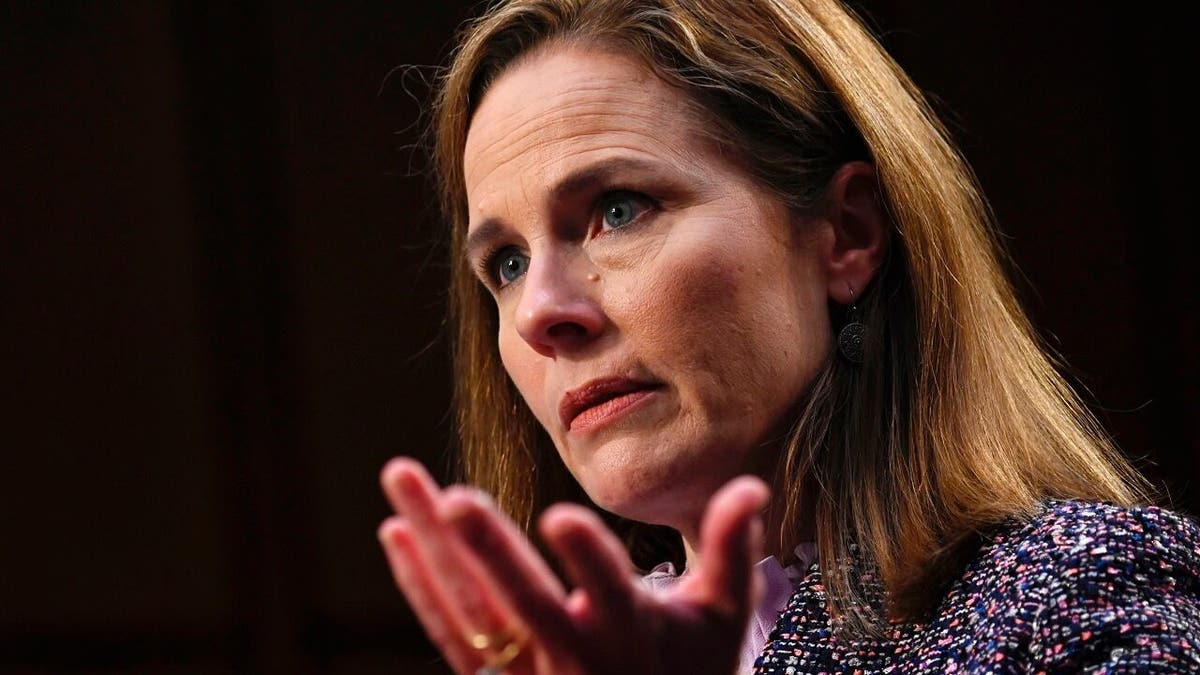Fox News Flash top headlines for March 4
Fox News Flash top headlines are here. Check out what's clicking on Foxnews.com.
Supreme Court Justice Amy Coney Barrett authored her first merits decision in a case since joining the high court in October.
The case, United States Fish and Wildlife Service et al. v. Sierra Club, dealt with whether unapproved drafts of biological opinions by the Fish and Wildlife Service or the National Marine Fisheries Service can be obtained through a Freedom of Information Act request.
In a 7-2 decision, Barrett was joined by Chief Justice John Roberts and Justices Clarence Thomas, Samuel Alito, Elena Kagan, Neil Gorsuch and Brett Kavanaugh in ruling that the documents were protected by what is known as the deliberative process privilege, even though the conclusions in the drafts ultimately reflected the agencies' final decisions.
"The deliberative process privilege protects the draft biological opinions from disclosure because they are both predecisional and deliberative," Barrett wrote, reversing the Ninth Circuit Court of Appeals' ruling in the case.
AMAZON PULLED JUSTICE CLARENCE THOMAS DOCUMENTARY AS CENSORSHIP OF CONSERVATIVE CONTENT CONTINUES
Justice Stephen Breyer wrote a dissenting opinion, joined by Justice Sonia Sotomayor. Breyer argued that there is a difference between a "Draft Biological Opinion" and a "Draft of a Draft Biological Opinion." While agreeing with the majority that a draft of a draft should be protected, Breyer argued that a draft biological opinion "is a 'final' document with respect to its content," and does not require further deliberation regarding content.

FILE - Supreme Court nominee Amy Coney Barrett testifies during the third day of her confirmation hearings before the Senate Judiciary Committee on Capitol Hill in Washington, Oct. 14, 2020. (Andrew Caballero-Reynolds/Pool via AP) ((Andrew Caballero-Reynolds/Pool via AP))
Under normal circumstances, Barrett would have read a portion of her opinion from the bench, but the Supreme Court building has been closed due to the coronavirus pandemic. As a result, proceedings have been held remotely and opinions have only been released online.
CLICK HERE TO GET THE FOX NEWS APP
The case was also the first one in which Barrett had participated in oral arguments. Her first question presented a hypothetical where an agency official might mark a document as a draft in order to protect it from disclosure. She asked "what other factors would a court consider" in determining whether or not a document should be protected.
Fox News' Bill Mears and The Associated Press contributed to this report.















































